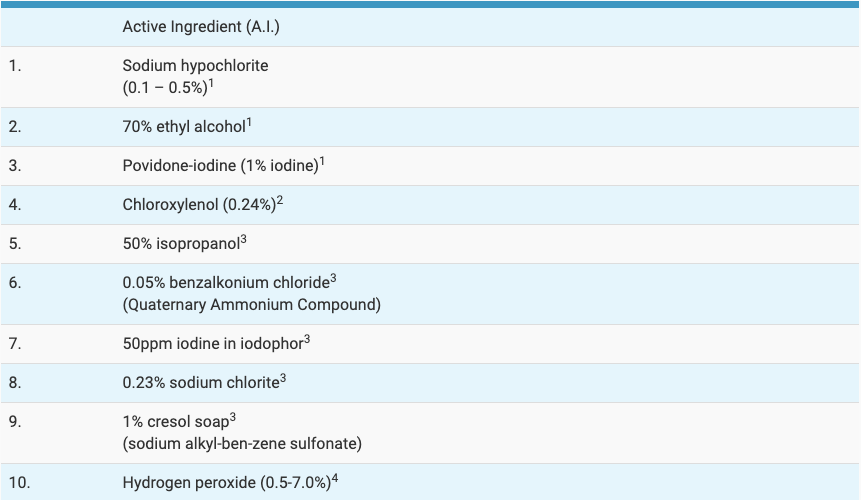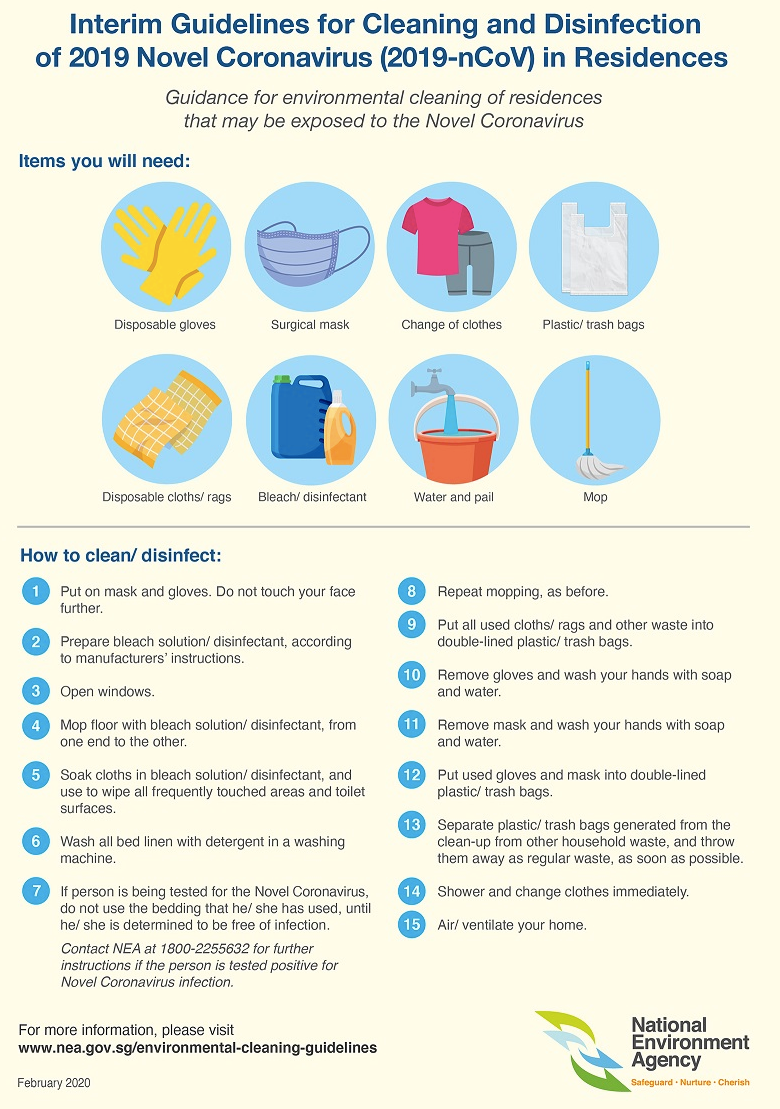With the ongoing Wuhan virus outbreak taking hold of people’s consciousness, face masks and hand sanitisers have consequently flown off the shelves.
We’ve heard reports that supplies of hand sanitisers — particularly the travel-sized ones — are out of stock at some stores and you may have better luck heading online if you’re still looking to purchase one.
However, not all sanitisers are built the same. According to the United States Centres for Disease Control and Prevention, sanitisers with 60 to 95 per cent alcohol clean much better than those with little or no alcohol in them.
And for it to be effective, you must use enough of it to cover your hands and leave it to dry naturally for about 20 seconds. But when it comes right down to it, nothing beats a simple wash with soap and running water, scrubbing your hands for about 20 seconds.
As for antiseptic wipes, Dr Kalisvar Marimuthu, senior infectious disease consultant at the National Centre for Infectious Diseases (NCID), said they should be used for cleaning environmental surfaces and not for hands. But even then, they need to contain at least 40 per cent alcohol to be effective against germs.
But what about products you can use to effectively disinfect your home?
To help consumers make a more informed choice on the type of disinfectants that work, the National Environment Agency (NEA) published an interim set of guidelines this week, listing the cleaning products that are effective against the coronavirus (which will be updated).
Here they are (click on each respective product name to purchase):
Source: National Environment Agency
NEA explained that each product typically comprises one of three active ingredients — quaternary ammonium compounds, chloroxylenol and sodium hypochlorite.
It also included a list of active ingredients so that you can screen products that you intend to buy for their effectiveness.

PHOTO: National Environment Agency
And in case you didn’t know, other than cleaning agents, the use of steam and heat treatment are also effective in eliminating germs from contaminated surfaces.
In a separate set of guidelines published last week, NEA added that people whose homes may have been exposed to the Wuhan virus should sanitise their abodes by mopping the floors with disinfectant twice.
Before cleaning, they should also don masks and gloves for protection and keep the windows open for ventilation. A shower and change of clothes immediately after is also recommended.

PHOTO: National Environment Agency
This post was first published on AsiaOne and was republished on theAsianparent with permission.
Get daily updates about our top stories when you follow us on Telegram at https://t.me/theAsianparentSG.
Also READ: How You Can Protect Your Family From The Wuhan Virus
Editor’s note: The product links provided here are aimed to help simplify product searches for our readers. Purchase the items at your own discretion. We do not take liability for any transaction issues and/or dispute. If you purchase an item from this post, theAsianparent may receive a small cut. Each item and price is up to date at the time of publication; however, an item may be sold out or the price may be different at a later date.
 Together Against RSV
Together Against RSV SG60
SG60 Pregnancy
Pregnancy Parenting
Parenting Child
Child Feeding & Nutrition
Feeding & Nutrition Education
Education Lifestyle
Lifestyle Events
Events Holiday Hub
Holiday Hub Aptamil
Aptamil TAP Recommends
TAP Recommends Shopping
Shopping Press Releases
Press Releases Project Sidekicks
Project Sidekicks Community
Community Advertise With Us
Advertise With Us Contact Us
Contact Us VIP
VIP Rewards
Rewards VIP Parents
VIP Parents
